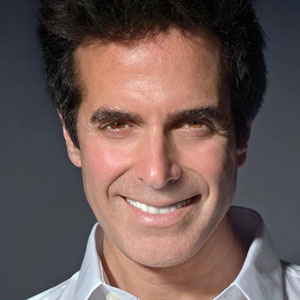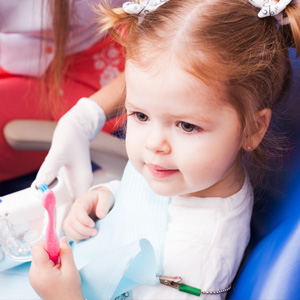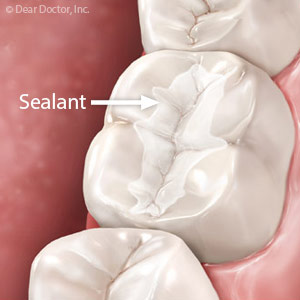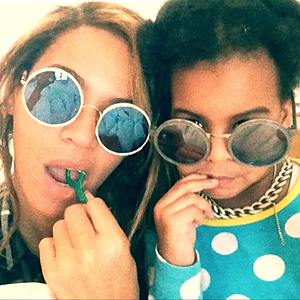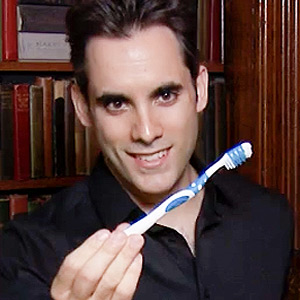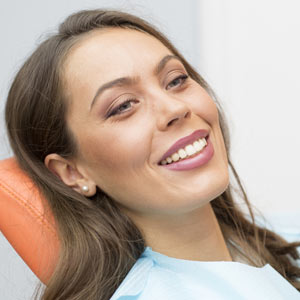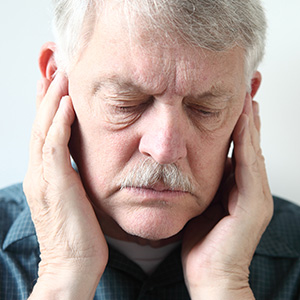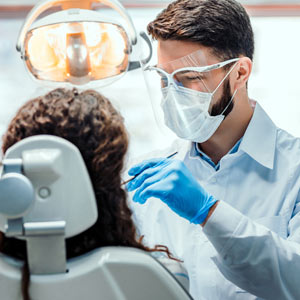

Over the last few months, federal, state and local officials have taken extraordinary measures to slow the spread of COVID-19. Thankfully, some of these measures are beginning to ease. But for many of us, lingering concerns about exposure to the virus will continue to affect our daily lives—including routine activities like dental visits.
We may be asking the question “Is it safe?” for our everyday activities for some time to come. But in regard to seeing your dentist, the answer to that question is an unequivocal “Yes.” That’s due not only to enhanced precautions put in place because of COVID-19, but also to longstanding practices in the dental profession to minimize the chances of infection.
In recognition this June of National Safety Month, we’d like to put your mind at ease that resuming dental care won’t put you at undue risk of COVID-19 or any other infectious disease. Here’s how:
Protocols. Everything we do to protect patients and staff from infection is part of an overall plan. This isn’t optional: Both governments and professional organizations require it of every dental practitioner. Our plan, based on best practices for infection control, details the procedures we’ll use to keep everyone involved in dental treatment, including you, safe from infection.
Barriers. Wearing masks, gloves or other protective equipment isn’t a new practice arising from the current crisis—barrier protection has been a critical part of infection control protocols for many years. Rest assured that even during the most routine dental procedures, our staff will wear appropriate barrier equipment to reduce the possibility of infection during treatment.
Disinfection. Viruses and other infectious agents can live for some time on surfaces. To close this possible route of infection, we clean all clinical surfaces between patient visits with approved disinfectants. Instruments and equipment are thoroughly sterilized after each use. And any waste generated during treatment is separated from common waste and disposed of carefully following hazardous waste removal protocols.
It may be a slow return to many aspects of life we once took for granted. Your dental care doesn’t have to be one of them. We were prepared before this crisis, and we’ll continue to be prepared when it’s over to keep you safe from infection.
If you would like more information about dental office safety, please contact us or schedule a consultation. To learn more, read the Dear Doctor magazine articles “Infection Control in the Dental Office” and “Dental Hygiene Visit.”

